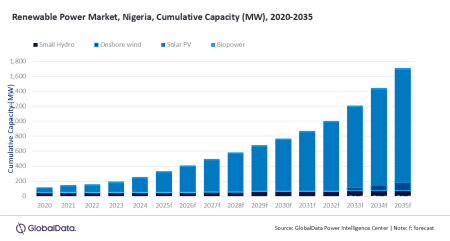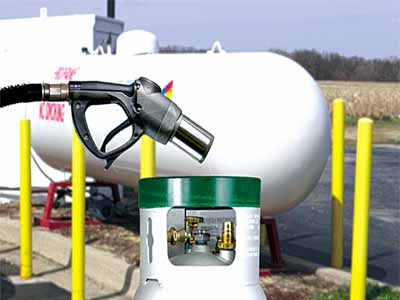
*Oil to supply over 26% world’s energy demand by 2040
*As world needs oil-related investment of around $10 trillion by 2040
*$1.3bn has no access to electricity globally
OpeOluwani Akintayo
07 July 2017, Sweetcrude, Lagos — Global oil and gas sector has lost over $300 billion due to falling in oil and gas exploration and production spending from 2015 to 2016, according to the Organisation for Petroleum Exporting Countries, OPEC’s Secretary-General, Mohammed Sanusi Barkindo.
Barkindo who revealed this in a statement in London, said the gravity of the sharp contraction in oil industry investment, had been underscored in the fact that, in both 2015 and 2016, a dramatic rationalization of projects was witnessed.
According to him, the international oil industry cannot afford to see investment levels fall for the third year in a row, pointing out that global oil and gas exploration and production spending fell by around 26 percent in 2015 and a further 22 per cent in 2016.
“Combined, this equates to above $300 billion. This has impacted new projects coming on-stream and new discoveries too,” he affirmed.
He stressed that stability in the oil market today was also vital for stability in the future, given that the oil industry was very much a medium- to long-term business.
“Moreover, the industry remains a growth business. We see the world requiring more oil in the years ahead. Oil will remain a fuel of choice for the foreseeable future,” he maintained.
In OPEC’s latest World Oil Outlook (WOO), oil was still expected to supply over 26 percent of the world’s energy demand by 2040.
Oil demand increased by around 17 million barrels/day between 2015 and 2040 to reach close to 110m b/d, he observed.
“This will require significant investments. And new barrels are needed to not only increase production but also to accommodate for decline rates from existing fields,” he said.
According to him, the world still needs about $10 trillion of investment in the oil and gas sector by 2040.
“Overall, we see oil-related investment requirements of around $10 trillion over the period to 2040.” Barkindo asserted that the oil industry needed regular, timely and sustainable investment to guarantee the security of supply to the global community.
“It is essential for our industry’s future and that of the global economy. It is essential to all those consumers around the world who rely on hydrocarbon resources for their everyday needs. And it will be essential to the future of those currently without access to modern energy services,” he stated.
In this regard, the OPEC Secretary General contended that it should not be forgotten that 62.7 billion people still relied on biomass for their basic needs and 1.3bn had no access to electricity.
“The energy transition should take this global challenge into account.”
Barkindo said that it was also important to note where the future supplies were expected to come from. OPEC’s World Oil Outlook, WOO, projected that non-OPEC liquids production would see a recovery in the medium-term, after dropping considerably in 2016. However, it would reach a plateau over the next decade, reaching 61.4m b/d in 2027, before declining to 58.9m b/d by 2040.
“In the long-term, it is OPEC that will be required to meet much of the expected additional demand,” noted Barkindo.
He said in terms of crude, OPEC’s supply was estimated to increase to 41m b/d by 2040, an increase of around 9m b/d from 2016, while non-OPEC supply was anticipated to witness an overall decline of 2m b/d.
In terms of all liquids, the increase for OPEC was close to 12m b/d from 2016, and for non-OPEC, there was the growth of about 3m b/d.
“It means that the estimated share of OPEC crude in the total world liquids supply in 2040 is 37 percent, which is three percentage points higher than the 2015 level,” the OPEC Secretary General observed.
To meet their obligations as secure and reliable suppliers of oil to world markets, he said, OPEC Member Countries remained committed to investing in new capacity and the necessary infrastructure, despite the downturn the industry had witnessed in the last couple of years.
“We believe that the recent decisions taken by OPEC and non-OPEC countries are already creating the favourable conditions for the industry to deliver the necessary medium- and long-term investments for our energy future,” he professed.



